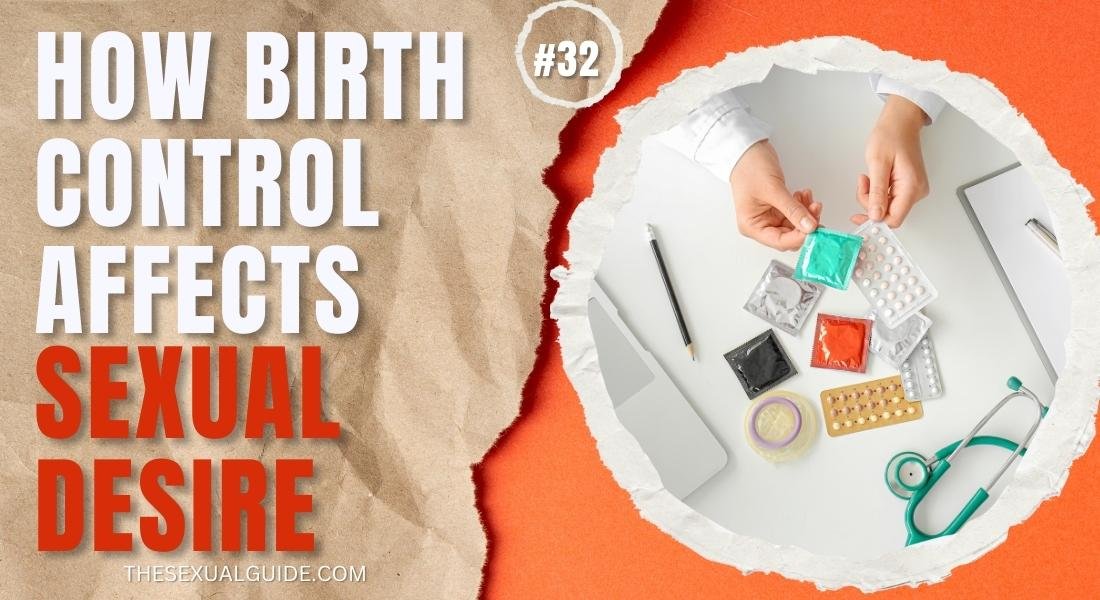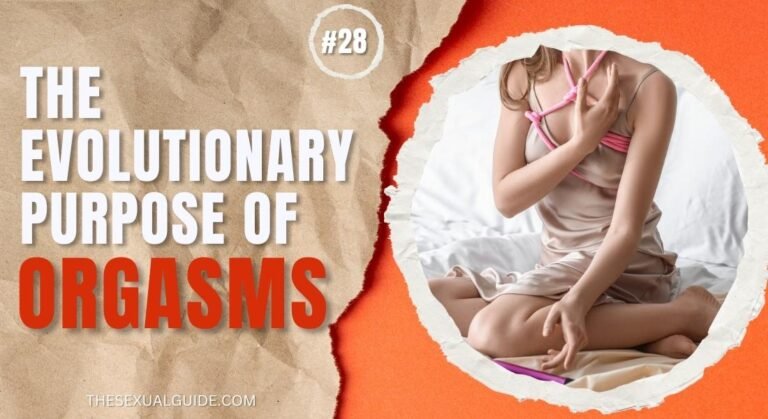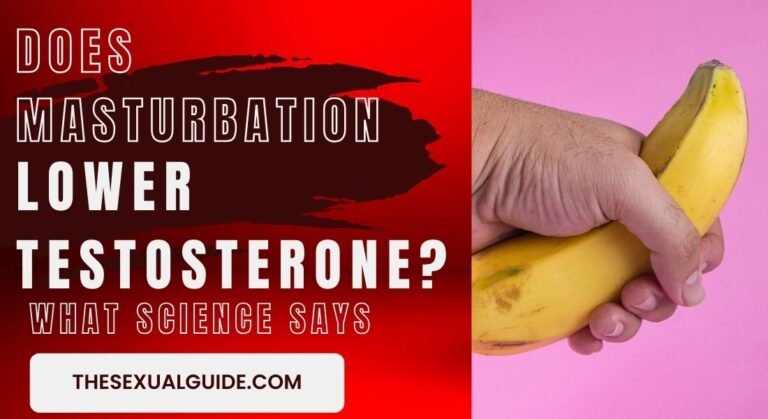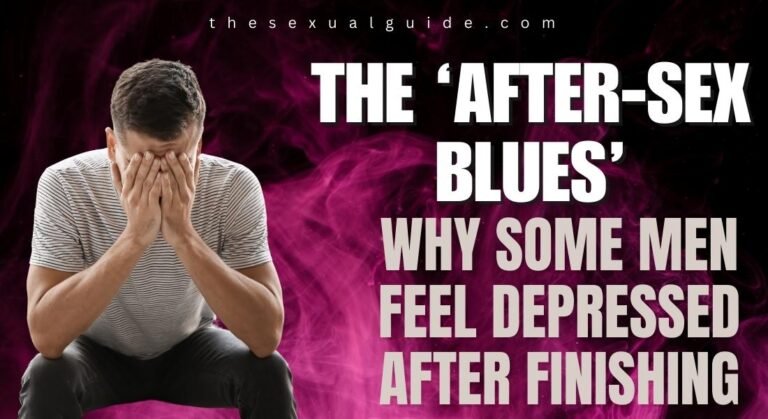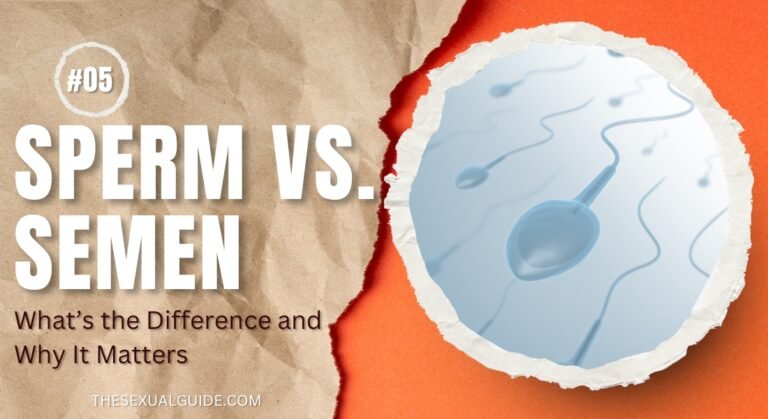Recognizing the relationship between contraception and libido is essential for individuals seeking to make informed decisions about their sexual health.
While birth control methods offer effective means of preventing unintended pregnancies, their influence on sexual desire varies among users.
The Connection Between Contraception and Libido
Contraceptive methods, particularly hormonal ones, can impact sexual desire in diverse ways.
The effects are not uniform and can differ based on the type of contraception, individual physiology, and psychological factors.
Hormonal Contraceptives
Hormonal contraceptives, such as combined oral contraceptive pills, patches, and hormonal intrauterine devices (IUDs), work by altering hormone levels to prevent ovulation.
These hormonal changes can influence libido.
- Decreased Libido: Some users report a reduction in sexual desire. A study reviewing 36 research articles found that approximately 15% of women experienced a decrease in libido while using combined oral contraceptives.
- Increased Libido: Conversely, the same study noted that about 21% of women reported an increase in sexual desire when using these contraceptives.
- No Change: The majority of participants, around 63%, reported no significant change in their libido.
These variations suggest that hormonal contraceptives’ effects on libido are highly individualized.
Non-Hormonal Contraceptives
Non-hormonal methods, such as copper IUDs, condoms, and diaphragms, do not alter hormone levels and are less likely to impact sexual desire directly.
However, factors like comfort, convenience, and partner cooperation can indirectly influence libido.
Factors Influencing Contraception-Related Libido Changes
Several factors can modulate how contraception affects sexual desire:
- Individual Hormonal Balance: Each person’s unique hormonal makeup can influence their response to contraceptives.
- Psychological Factors: Stress, relationship dynamics, and mental health play significant roles in sexual desire.
- Type of Contraceptive: Different hormonal formulations and delivery methods can have varying effects.
- Duration of Use: The length of time a contraceptive is used may affect how it influences libido.
Expert Opinions
Dr. Kristen Mark, a sexual health researcher, emphasizes the importance of individualized approaches:
“The impact of hormonal contraception on libido varies widely among individuals. It’s crucial to monitor changes and communicate with healthcare providers to find the most suitable method.”
Similarly, a study published in The Journal of Sexual Medicine highlights the need for personalized contraceptive counseling, considering the potential sexual side effects.
Addressing Libido Concerns Related to Contraception
If you experience changes in sexual desire after starting a contraceptive method, consider the following steps:
- Monitor Changes: Keep a journal to track any fluctuations in libido corresponding with contraceptive use.
- Consult a Healthcare Provider: Discuss your experiences with a medical professional to explore alternative methods or adjustments.
- Consider Non-Hormonal Options: If hormonal contraceptives negatively impact your libido, non-hormonal methods might be suitable alternatives.
- Evaluate Lifestyle Factors: Assess stress levels, relationship satisfaction, and overall health, as these can also affect sexual desire.
Conclusion
The relationship between birth control and sexual desire is complex and individualized.
While some may experience changes in libido with certain contraceptives, others may not notice any difference.
Open communication with healthcare providers and partners is essential to address any concerns and find the most suitable contraceptive method for your needs.
Want to learn more? Visit LibidoDepot for trusted solutions and resources to support your intimate health.
FAQs: How Birth Control Affects Sexual Desire
1. Can birth control lower sexual desire?
Yes, some hormonal birth control methods, especially those containing synthetic estrogen or progestin, can reduce libido in certain individuals by altering hormone levels that influence sexual arousal and desire.
2. Why does birth control affect libido differently for different people?
Individual responses to birth control vary due to differences in hormonal sensitivity, genetics, stress levels, relationship dynamics, and overall health. While some may experience a drop in sexual desire, others may see no change or even an increase due to reduced anxiety around unintended pregnancy.
3. Are certain types of birth control less likely to affect libido?
Yes, non-hormonal methods like the copper IUD or barrier methods (e.g., condoms) typically do not impact libido. Among hormonal options, lower-dose or progesterone-only formulations may have a reduced impact on sexual desire for some users.
4. Can switching birth control methods improve sexual desire?
In many cases, switching to a different type or brand of birth control can alleviate libido-related side effects. Consulting a healthcare provider can help identify alternatives better suited to your body and needs.
References
- Sexual Desire and Hormonal Contraception
- How Does Contraceptive Use Affect Women's Sexuality?
- Sexual Function Changes Attributed to Hormonal Contraception Use
- Impact of Contraceptive Type on Sexual Desire of Women and of Men Partnered to Contraceptive Users
- Meta-Analysis: The Effect of Hormonal Contraception on Sexual Dysfunction in Women of Childbearing Age
- Combined Oral Contraceptive Pill
